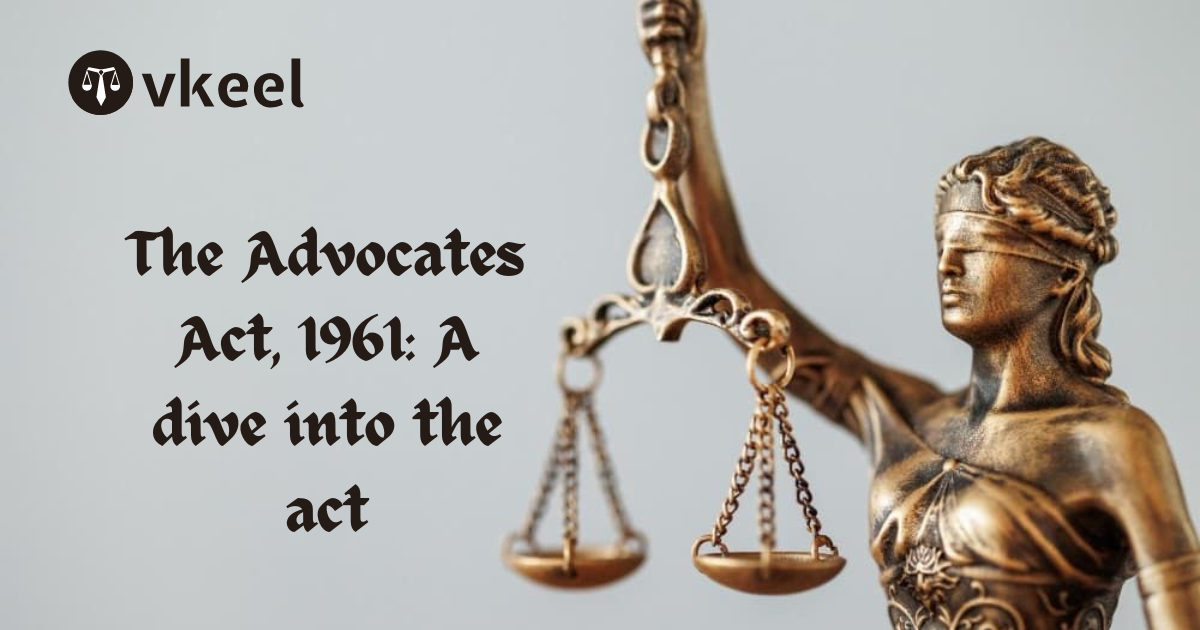Procedures involved in a Criminal Case
By Kishan Dutt Kalaskar
When a person commits an act prohibited by law, he ought to be punished for such acts. In India, the Indian Penal Code, 1860 is one of the most exhaustive statute listing down the offences and the punishment for these offences. The legislature has passed various acts that also make certain commissions or omissions punishable by the criminal courts in the country. The Code of Criminal Procedure, 1973 (CrPC) is a thorough and comprehensive code laying down the procedure to be adopted by different criminal courts in India. The procedures provided in CRPC can be broadly classified into two categories, namely, pre-trial procedures and trial procedure. The pre-trial procedure covers matters like a complaint, FIR, inquiry, investigation, arrest and bail. The CrPC lays down the detailed methods of collecting and recording evidence, investigation and arrest of accused persons, including the safeguards from arbitrary arrest, examination of witnesses, framing of charges, and even how judgment is delivered in a criminal trial.
Consult with: Top Lawyers of India
Pre-trial stages
The pre-trial stage commences with the commission of the offence and its reporting. In this regard, a distinction is made between cognizable and non-cognizable offences. If a cognizable offence is committed, any person may inform the police of the happening of offence by way of registering a first information report (FIR) under Section 154 of CrPC. Upon the filing of the FIR, the police can proceed to the crime scene and start investigating the matter, which may include identification of victims, suspects, evidence, weapons etc. However, in the case of a non-cognizable offence, the police are not authorized to investigate into the matter or make an arrest without a warrant from the Magistrate. A person can even make a complaint directly to the Magistrate in writing of the commission of an offence by any person, whether known or unknown, under CrPC. The Magistrate may take cognizance of the complaint upon examination of the complainant along with witnesses if any.
Thereafter, the police proceed with their investigation. Investigation procedures have been laid down in detail under the Code, which includes collecting evidence that may include a weapon or forensic evidence, discovery of suspects, arrest, and even interrogation of the accused. After the arrest, the issue of bail arises. There is a distinction between bailable and non-bailable offences. In a bailable offence, bail to the arrested person is a matter of right, whereas, in a non-bailable offence, bail to the accused is the Court’s discretion. The provisions relating to bail have been given in Chapter XXXIII of the CrPC. Various safeguards and rights of the arrested persons have been laid down in the Code, including production of the accused before the Magistrate within twenty-four hours of such arrest. After the completion of the investigation process, the police submit a final report called the charge sheet to the Magistrate for the commencement of trial.
Talk with: Best Lawyers of India
Stages of a criminal trial
There are various types of criminal trials conducted by the Courts in India. The broad classification of these trials can be made into warrant, summons and summary trials. There is another category of trials known as the Sessions trial; such a case is taken up by the Sessions Court and has its own procedure. As per Section 2(x) of the CrPC, a warrant case refers to the trial of an offence punishable with imprisonment for two or more years or life imprisonment or with death. On the other hand, a summons case has been defined as one which is not a warrants case under Section 2(w). Thus, a summons case is the trial of offences punishable with imprisonment for a term less than two years. Summary trials are popularly known as abridged trials conducted for offences of trivial nature, i.e., offences punishable with less than six months. Summary trials have a shorter procedure to save time and do justice efficiently. While the procedures vary according to the type of trial held, the stages of a criminal trial can be broadly listed as mentioned below.
- Framing of charges
After considering the police report submitted by the police to the Magistrate, the Magistrate proceeds to examine its contents. The Magistrate is required to decide whether there is prima facie evidence of the commission of the offence by the accused person. The Magistrate will not determine the guilt of the accused at this moment but will merely decide whether there is enough material on record that points to the fact of committing the crime. According to Section 240 of the Code, framing of charges has to be done in the presence of the accused person where the Magistrate will read out the contents and explain the charges to the accused. This is an important responsibility of the Magistrate, and the accused has a right to know the charges against him to be able to arrange for a proper defence.
Consult with: Top Lawyers of India
It is pertinent to note that framing of charges is mandatory in a warrants case, but in a summons and summary trial, charges are not framed in writing and are mentioned orally to the accused only to let the accused know of allegations against themselves in accordance with Section 251 for summons case.
- Plea of guilty
After the framing of charges, the Magistrate offers an opportunity to the accused person to plead guilty on the charges levied against him/her. If the accused pleads guilty, the Magistrate proceeds to convict the accused and then impose adequate punishment. However, it is required that the Magistrate ensures that the plea of guilty is made voluntarily and after being fully aware of the charges and their implications. If the accused pleads not guilty, the case proceeds for trial before the appropriate Court.
- Evidence by prosecution
Upon pleading notguilty by the accused, the Court directs the prosecution to present evidence in support of its averments. At this stage, the prosecution seeks to establish the guilt of the accused by producing documents and witnesses in this regard.
In the event the Magistrate does not convict the accused under section 252 or 253, the Magistrate shall proceed to hear the prosecution and take all such evidence as may be produced in support of the prosecution, and also to hear the accused and take all such evidence as he produces in his defence. (Sections 244 and 254)
Talk with: Best Lawyers of India
- Statement of the accused
According to Section 313, the accused is called upon and is examined on oath in a warrants trial. An opportunity is given to the accused to explain the circumstances of the commission and other relevant factors in the furtherance of his defence. Statement of accused may not be recorded in summons and summary trials.
- Defence evidence
At this stage, the defence produces evidence and witnesses to disprove the allegations made by the prosecution. The general rule of criminal jurisprudence is that the accused is presumed to be innocent until proven guilty; after the prosecution discharges its burden to prove the guilt beyond a reasonable doubt, onus shifts upon the accused to prove that he has not committed the offence. (Sections 243)
- Final arguments and Judgement
Both the prosecution and defence argue before the Court and try to bring out the fallacies in each other’s arguments and evidence.
After hearing both parties, the Court proceeds to analyze the evidence and facts brought on record to determine whether the accused is guilty of the offences alleged. This is a judicial process where the Judge applies his or her mind to the material on record. If the Judge concludes that the accused has not committed the offence, an order of acquittal is granted, whereas if it is sufficiently proved that the accused is guilty, an order of conviction is passed, and the Court proceeds to the sentencing of the accused.
Consult with: Top Lawyers of India
Conclusion
These are the general steps involved in a criminal trial. However, it is vital to consult with your lawyer in case of any actual criminal trial in order to follow through with the latest rules of law and procedures.
Disclaimer:
The information provided in the article is for general informational purposes only, and is not intended to constitute legal advice or to be relied upon as a substitute for legal advice. Furthermore, any information contained in the article is not guaranteed to be current, complete or accurate. If you require legal advice or representation, you should contact an attorney or law firm directly. We are not responsible for any damages resulting from any reliance on the content of this website.












